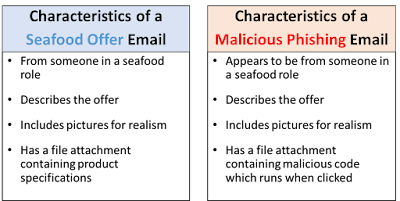Everything which used to be reliable and stable in
seafood has changed… so what's next?
Professor Thomas Gilovich of Cornell University wrote an engaging book some decades ago titled How We Know What Isn’t So. It’s about our human propensity to form beliefs which were never true.
That’s a bit different from what’s happening in the seafood
industry right now, where quite a bit used to be true, but isn’t
so any longer. Nearly everything traditionally reliable about the seafood
supply chain has now changed.
These aren’t misperceptions. Truths we used to rely on have
been thrown overboard.
Case in point:
What Used To Be So… |
…What
We Now Know |
|
Our labor
force would turn over, but was generally stable and returned year after year |
We face constant worker shortages in plants and in ports |
|
China’s processing
industry was an insatiable source of raw material demand |
China’s Zero-COVID policies idle processing facilities, killing
demand |
|
Fuel and
transportation costs would fluctuate but over the long term were fairly
predictable and inflation was a non-issue |
Fuel costs are almost 50% higher than a year ago, influencing
transportation and other costs of doing business |
|
Growing openness
between nations increased economic interdependency |
War drove international sanctions, closing the Russian market
to outside seafood |
Is there a war on the global seafood supply chain? Probably
not. Does it feel like there’s a war on the global seafood supply chain?
From inside the industry, facing this volatility and the invalidation of our
prior means of operating, it can absolutely seem that way.
Seafood companies need to rethink processing. We need to
seek new markets to replace the old ones which are now closed. We need new
trading partners who are open for business. We care about the location of trading
partners more than ever before because of port and transportation cost issues.
Essentially, seafood companies need a new way to do
business. And given that change seems to be the one thing which is consistent, the
new way of doing business needs to enable our businesses to become more nimble
than they are today – the best thing we can do is prepare our businesses to
withstand future volatility.
Are you ready?













